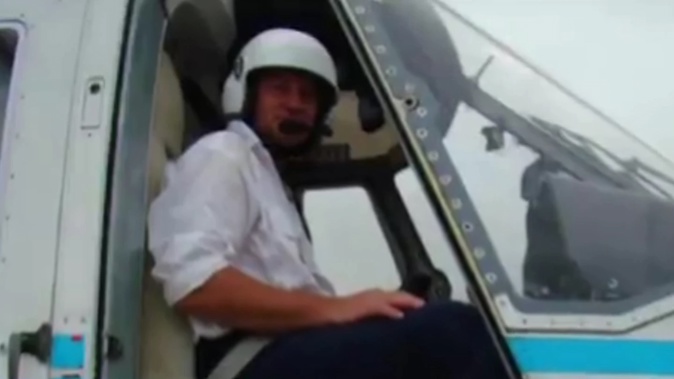
A pilot killed in a helicopter crash while water bombing a bushfire on the New South Wales south coast probably suffered an incapacitating medical event, an investigation into the 2018 crash has found.
Allan Tull died on August 17 after his helicopter diverted off course. The bucket and longline became tangled in trees then the aircraft crashed upside down. The Kawasaki Heavy Industries BK117 helicopter was destroyed.
The pilot, a New Zealand citizen, had just filled a bucket in a dam and set off for a fifth round of fire-bombing at Ulladulla.
The ground and airborne crews did not hear any transmissions from him immediately before the accident.
Tull had responded normally to a radio call minutes earlier.
A post-mortem revealed Tull had an acute inflammatory change in the heart muscle, or lymphocytic myocarditis. The condition can cause sudden impairment or complete incapacitation.
"The pilot is unlikely to have known they suffered from this condition. There are no risk factors for the development of this condition and it cannot be detected by medical screening," said the Australian Transport Safety Bureau's director of transport safety Stuart Macleod.
Tull also had coronary heart disease, but was managing it with medication.
He was an experienced pilot, with more than 7000 hours of experience.
The ATSB found Tull had also taken an over-the-counter hay fever treatment which was not approved for use while flying, despite being labelled as non-sedating.
Macleod said the pilot had used the medication for a while so it was unlikely to have led to the accident.
But he warned other pilots to be careful when taking over-the-counter medication.
He also asked pilots to be vigilant for medical conditions which might not be picked up in the normal aviation medical screening process.
Take your Radio, Podcasts and Music with you









